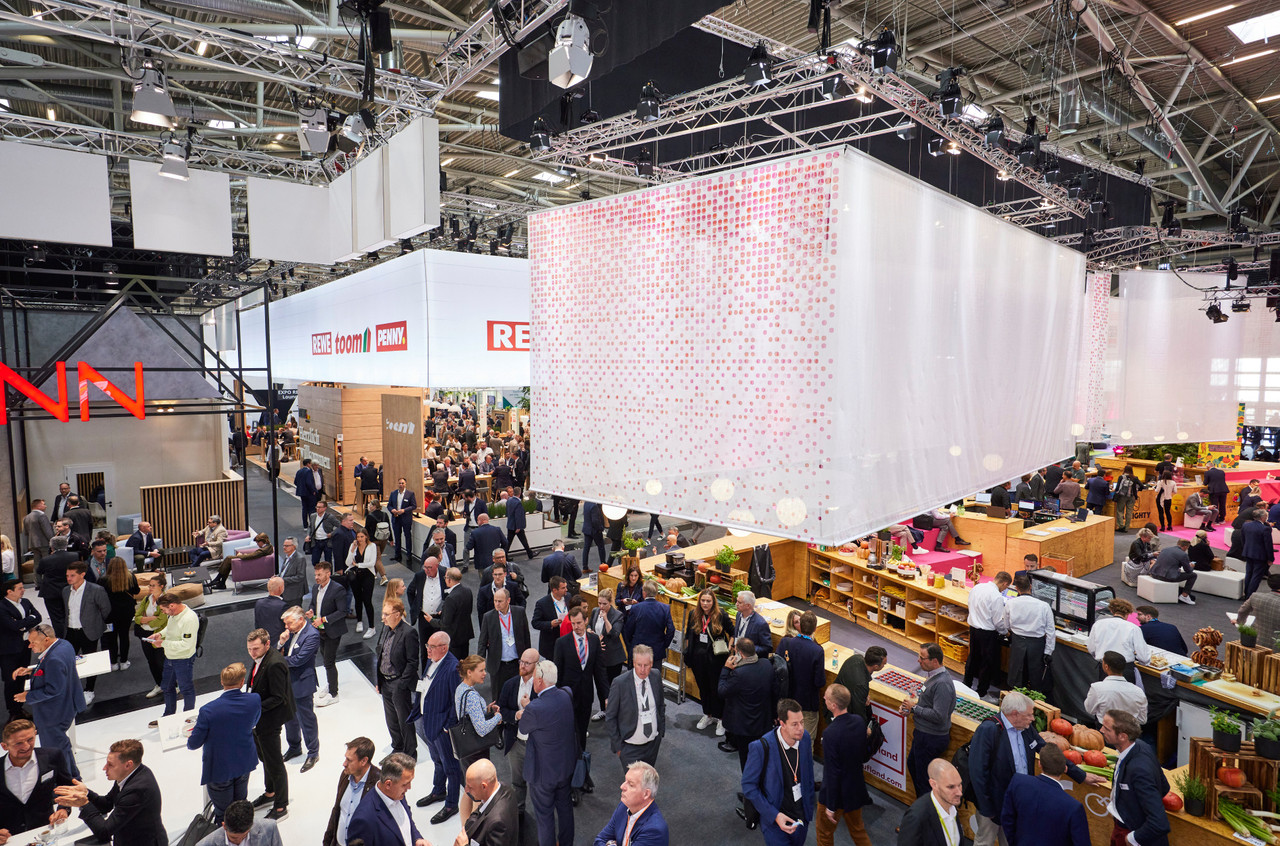Céline Coubray: What were your impressions from this year’s Expo Real?
Cédric Kaison: It wasn't euphoric, but I still came back more positive than when I went, because investors showed an interest in obtaining up-to-date information. They're trying to understand what the dynamics are in terms of leasing, the restrictions on teleworking in Luxembourg compared with other markets, and so on. At the moment, these core investors don't yet have the financial resources, but they are gathering very precise information so that they can reinvest as soon as the money is there again. The big question is when that time will come... We were expecting a lack of capital for the core segment, i.e., new buildings in premium locations, 100% let on long-term leases. Fundraising has not been good because property yields are currently less competitive than other financial products. However, as was already apparent at Mipim [editor’s note: the property sector conference held in Cannes, 12-15 March 2024], the value-added segment has the funds to invest, because it offers higher returns. These investors are looking for higher returns on more complicated assets: either obsolete, or which are or will be facing high vacancy rates.
Do you think that demand will be redirected compared with previous rounds?
Yes, because at the beginning, collections are lower. They will therefore be used in two ways. Firstly, investors will reinvest in existing properties, bringing up to standard buildings that have aged a little, to make them more attractive to future tenants. The second pocket available will be used to make new acquisitions. It is also reasonable to assume that the first acquisitions will be made in their domestic market, as this is what these funds and their contributors know best - in the major cities and markets such as Paris and London. It is only at a second stage that most of these investors will open up to the secondary tier 2 markets, including Luxembourg.
Luxembourg has experienced a less severe price correction on the professional market than other European countries.
What is Luxembourg's current image among international investors?
Luxembourg has always had a good image, mainly because of its economic dynamism, its political stability and of course the stability of its rental market, which is the underlying factor for investment. There are few vacancies because of the limited impact of teleworking. However, most of them have made it clear to us that their investments will only come at a later stage. It should also be noted that Luxembourg has experienced a less severe price correction on the professional market than other European countries. So, in terms of immediate profitability, Luxembourg has become less attractive than other countries.
But isn't this very stability attractive to investors, because it is less volatile than other markets?
That's what you might think, but from an investment point of view, investors compare the profitability of the markets, and the weak correction in the Luxembourg market is not working in our favour.
Read also
Have you noticed any other changes in behaviour?
Yes, in particular the example of a German fund manager who has adapted his strategy: whereas initially sourcing, acquisitions and asset management were dedicated to their own funds, today, since he is no longer raising money, he is making his services available to large families to acquire ‘trophy assets’.
Have you had any contact with potential buyers?
A few, yes. But in the absence of fundraising, we are faced not with buyers, but sellers. Investors are not going to initiate a sale for fear of burning their assets, but we feel that some unsolicited offers could be considered.
What do you think could unblock the situation? Again and again, the question of lower interest rates, because that's what's going to generate the money available for property. It's clear that we're not going to get back to the level of interest rates or property yields we had before. At some point, we're going to have to accept this new situation and move on.
I hope that we will see a recovery in the major markets in the second quarter of 2025.
When do you think activity will pick up again? Between now and the end of the year, apart from the negotiations already under way, there won't be much movement. The first quarter of 2025 is likely to be very quiet. I hope we'll see a recovery in the major markets in the second quarter of 2025. In the meantime, we will certainly also have assets to sell, for reasons of redemption, maturity of financing or because the risk profile of the property no longer meets the risk profile of the investor.
Is the Luxembourg market strong enough to withstand this timetable? I think so, because the rental market is healthy, rents are index-linked and the financing players seem to be supporting investors. So we're well equipped, provided of course that it doesn't last too long. In the meantime, we still need to keep our backs up.
Read the original French-language version of this interview


